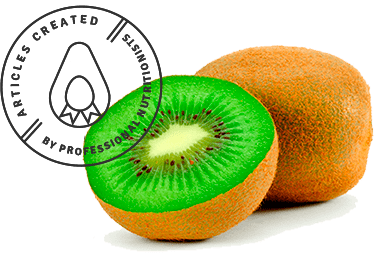Basics of vegetarianism

A vegetarian diet (in any of its variants) is healthy and people who follow this diet often lead more active lifestyle, which makes it even more beneficial.
If you decide to go vegetarian, whether for fashion, conviction or health reasons, here are some guidelines you need to keep in mind.
A vegetarian diet excludes foods from animals, although it may include dairy and/or eggs, in which case it is called a lacto-vegetarian, ovo-vegetarian or ovo-lacto vegetarian diet. Diets that don't include these products are called pure vegetarian.
In any case, macronutrients must be obtained from the following groups of foods:
-
Cereals and pasta, preferably whole-grain, root vegetables and pseudocereals like quinoa.
-
All legumes and soybeans and derivatives (soy drinks, tofu, tempeh, etc.)
-
Vegetables: all types without any exception.
-
Fruit: all types without any exception.
-
Fats: quality vegetable oils, avocado, seeds, nuts.
-
Whole eggs: if they are included, of all types.
-
Dairy products: if they are included, of all types.
Important! When you're at the supermarket looking for these groceries, don't forget about B12. These vitamin supplements can be essential for those who don't eat meat. Why is it so important? Because it plays a key role in the proper functioning of the nervous system and brain and, by not eating the main source of this vitamin, we are at risk of developing a deficiency that could have serious consequences.




